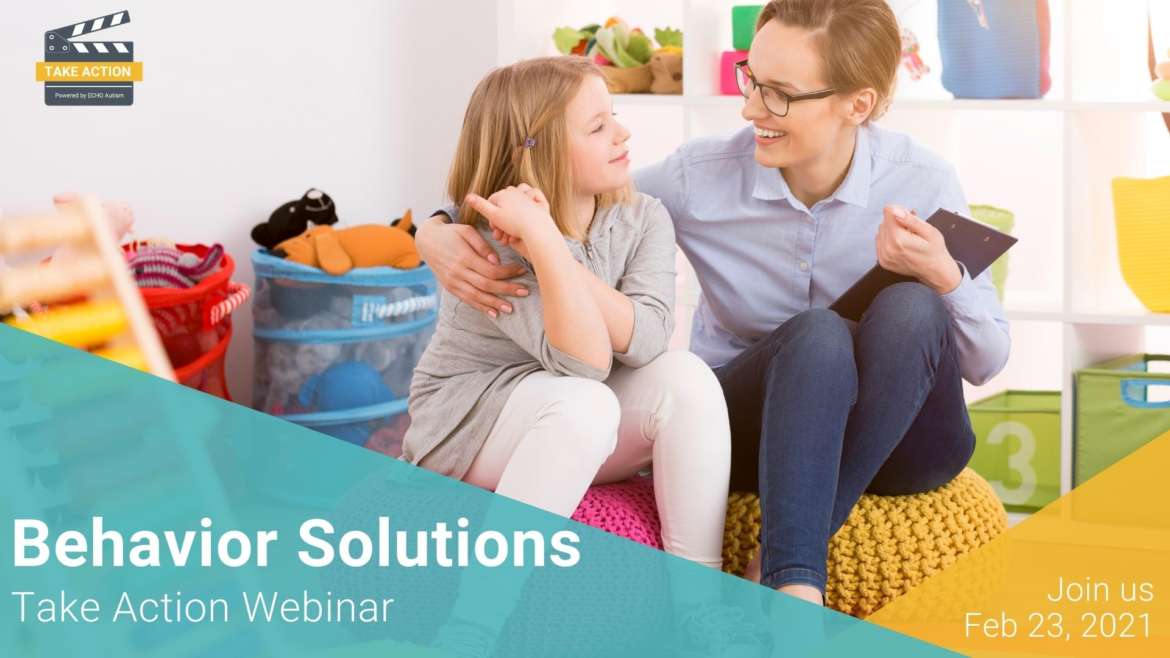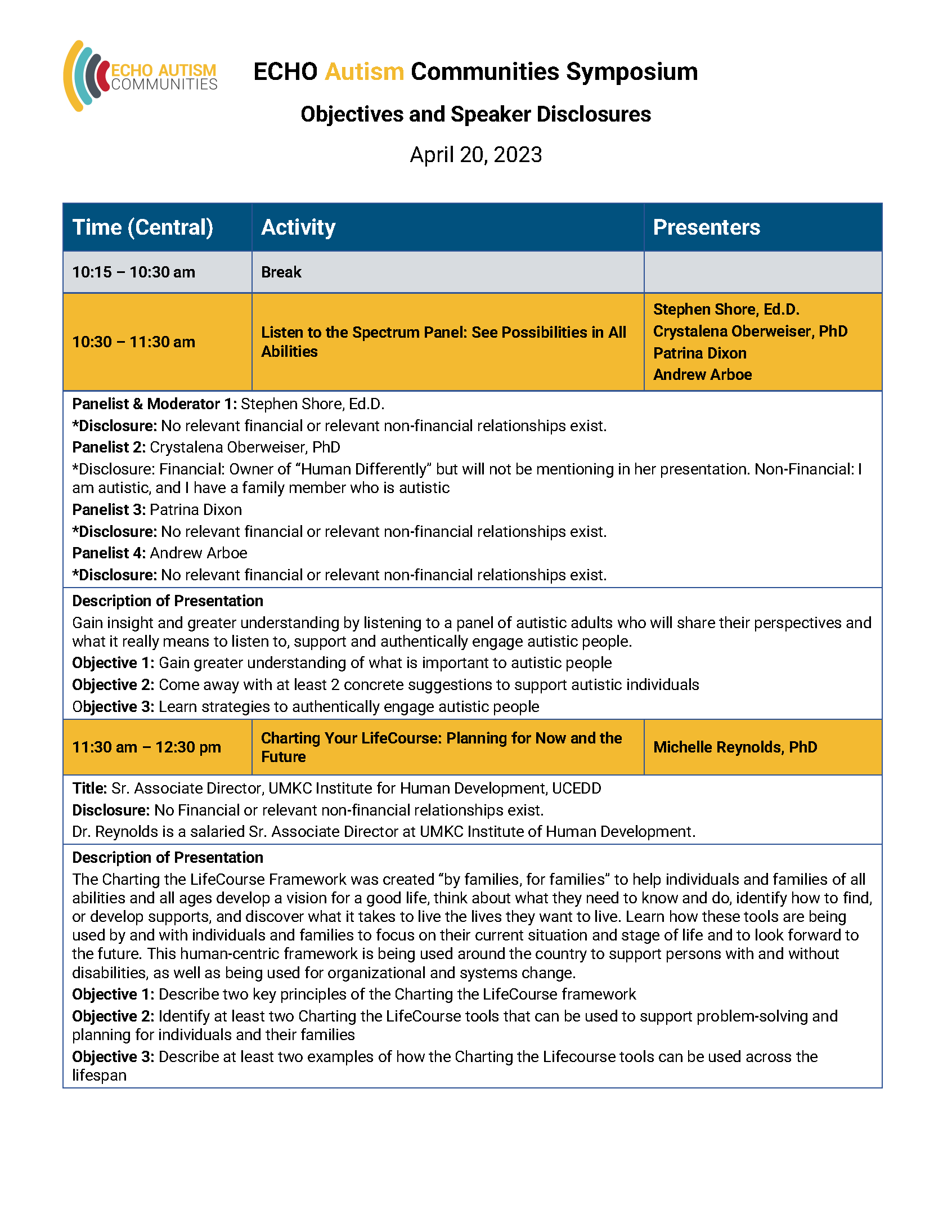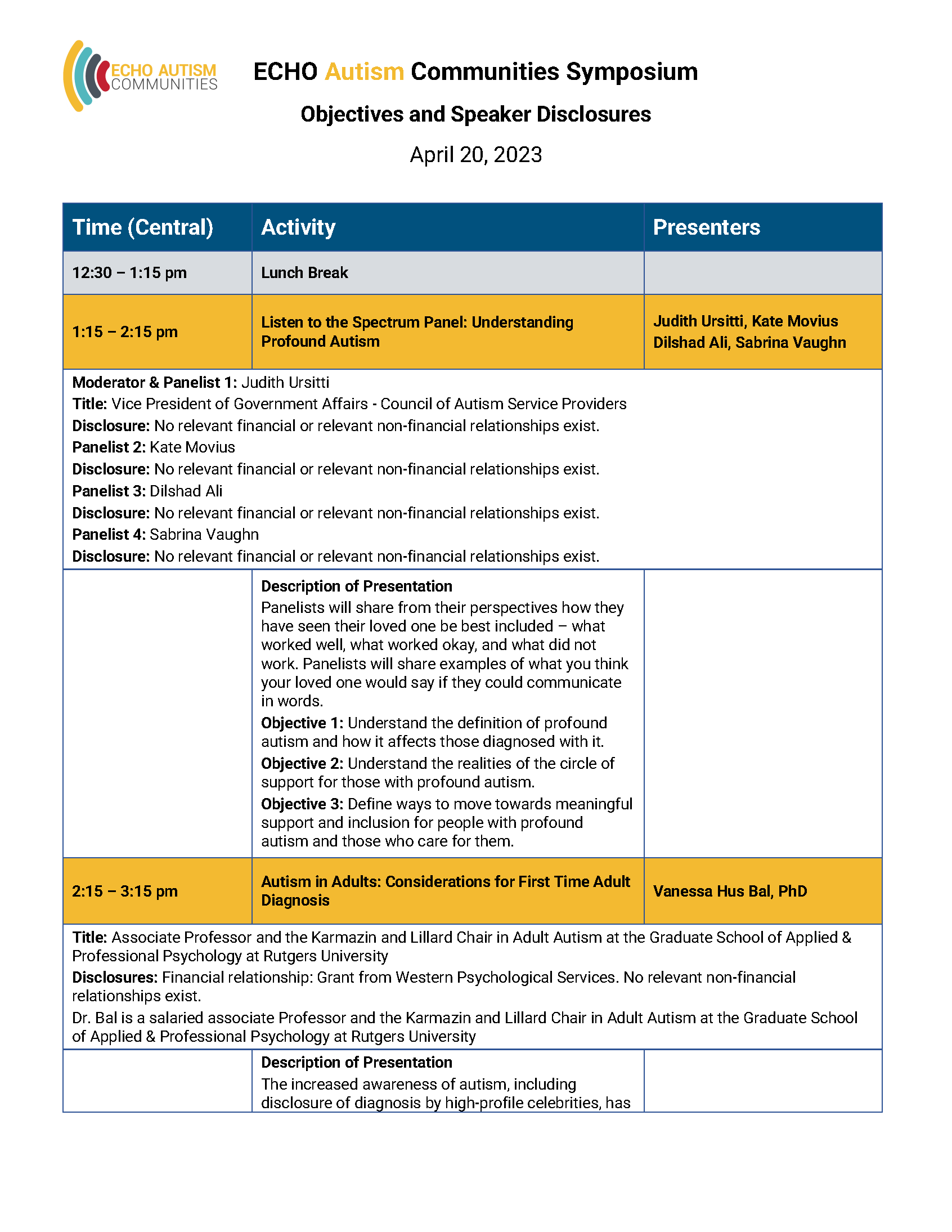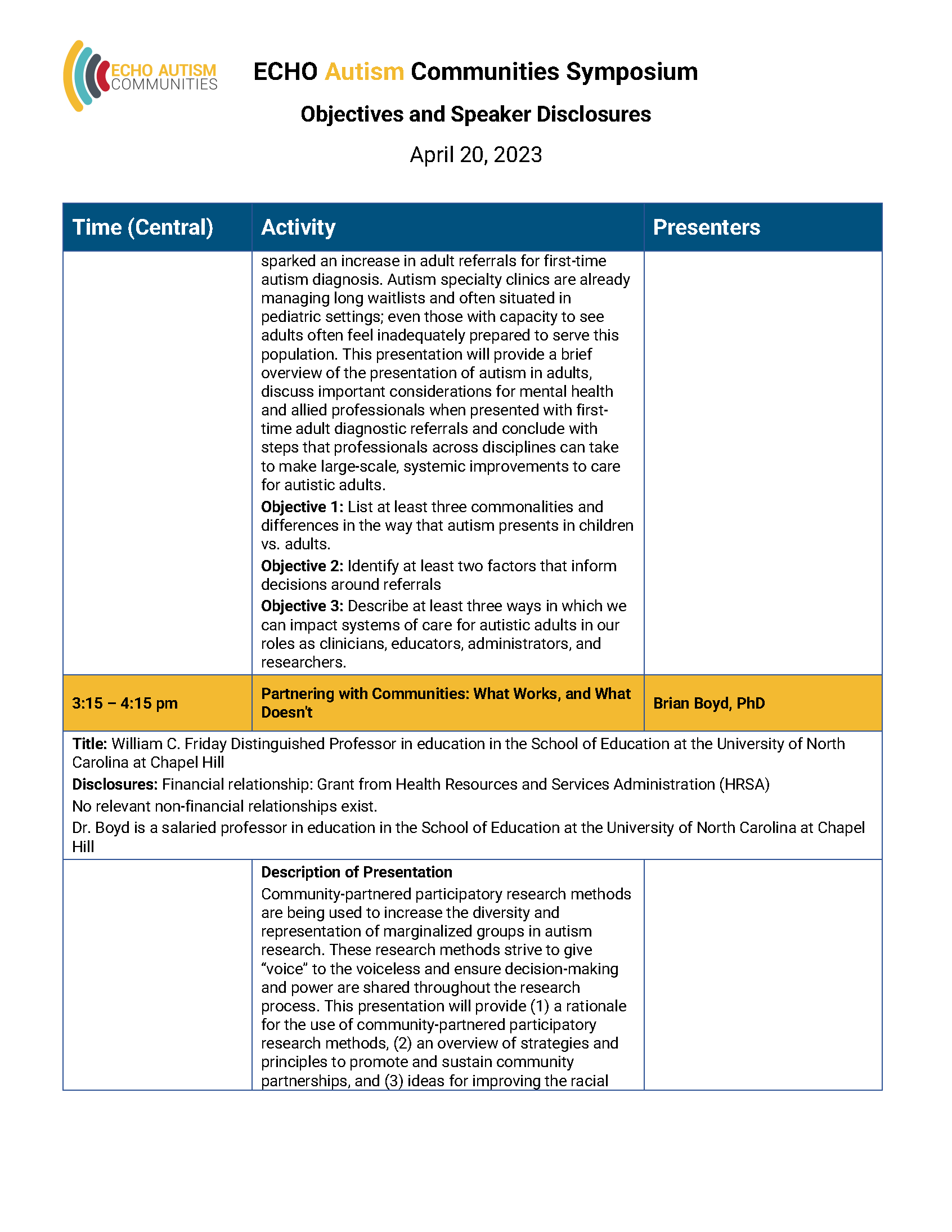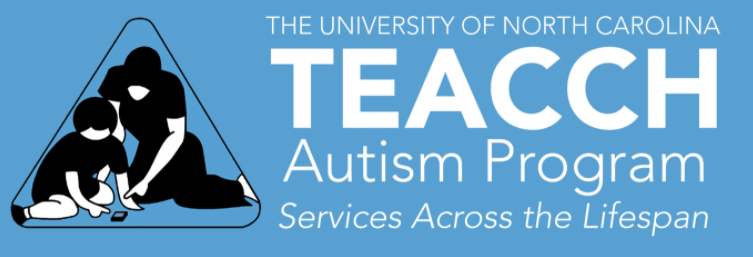March 11, 2021
ECHO Autism’s Take Action Behavioral Solutions Webinar
Many families and health professionals know that when it comes to autism spectrum disorder, behavior is such an important topic to understand. That’s why ECHO Autism got together in this February’s webinar to discuss Behavioral Solutions. Joining Dr. Kristin Sohl this month are Amber Lashley, certified child life specialist, Kelly Schieltz, assistant professor at the University of Iowa, Cy Nadler, clinical psychologist & director of autism services at Children’s Mercy Kansas City, and Brandon May, board certified & licensed behavior analyst.
Throughout the webinar, the Expert Hub Team goes over what Applied Behavior Analysis (ABA) actually is, and how practices used in this therapy can be applied in a myriad of situations, from shopping at the grocery store to dining out, or even just at home. Parents can get a better handle on the basics of ABA, as well as pick up some new tools to help their children at home.
Below are just some of the many lessons our experts had to share. To watch the full webinar, click here!
Start Small
“There’s no single strategy that’s going to magically make these behaviors go away,” Dr. Nadler reminds us. “It’s these cumulative strategies and making sure that anybody in the environment is on board.”
If you’re working up to get your child to run errands at the grocery store, for example, Dr. Kelly Scheiltz recommends starting smaller.
“Start at the gas station, just go get that gallon of milk where you don’t have to go to the back of a big ginormous grocery store. The gas station will be in and out much quicker.” Then, immediately after, if the child was well behaved, reward them with something they love, like putting on their favorite music or heading out to ice cream. By doing this, the child may realize that going out isn’t that bad.
And if it is bad? Dr. Schieltz says it’s all part of the process.
“If you do see problem behavior then you want to leave. They don’t get the reinforcer, and we try again. We keep going through that process, but we take each trip as a data point. We want to monitor how that trip went, and then we can make adjustments from there.”
Be Honest
One of the things Dr. Sohl points out in the chat, is that you don’t want to lie or fake out your children when they’re going to places that may usually stress them out or cause challenging behaviors. For example, giong to the doctor’s office and distracting the child before a shot! While it may work the first time, they will be on edge for any visit after that, and that leads to negative outcomes.
To be fair, Amber Lashley, certified child life specialist, points out that fear and anxiety can be common for anyone who has to go to the doctor or hospital. But for parents taking their children with autism, she recommends being honest and clear about what the child can expect, to ease any extraneous fears.
“The more kids know, the better they’ll react.”
That means letting children know where they’re going, what it’s going to look like, any potential sensory sensitivities, and so on. Lashley also points out that many children’s hospitals are trained to help out in these situations, so parents can look towards health professionals for extra help either providing sensory toys or instructions to help the family best.
Don’t Give Up
Lastly, it’s important adults trying to manage behaviors don’t give up. As teachers, parents, or professionals, it can be easy to get frustrated. In these cases, Dr. Brandon May says it’s important to look within and reflect on why you’re feeling frustrated, and why the child may be acting out.
Once we understand the “why” (both of yourself and for the child’s behavior) it’s easier to take the next step. Does a lesson need to be retaught? Does the child simply need a break? Breaking down those barriers and continuing to move forward is the best step for everyone involved.
Using some of the tactics the Expert Hub Team lays out, along with creating a supportive community for yourself and your child, challenging behaviors can be worked on.
Ready to learn more? Check out the full webinar today by clicking here.


